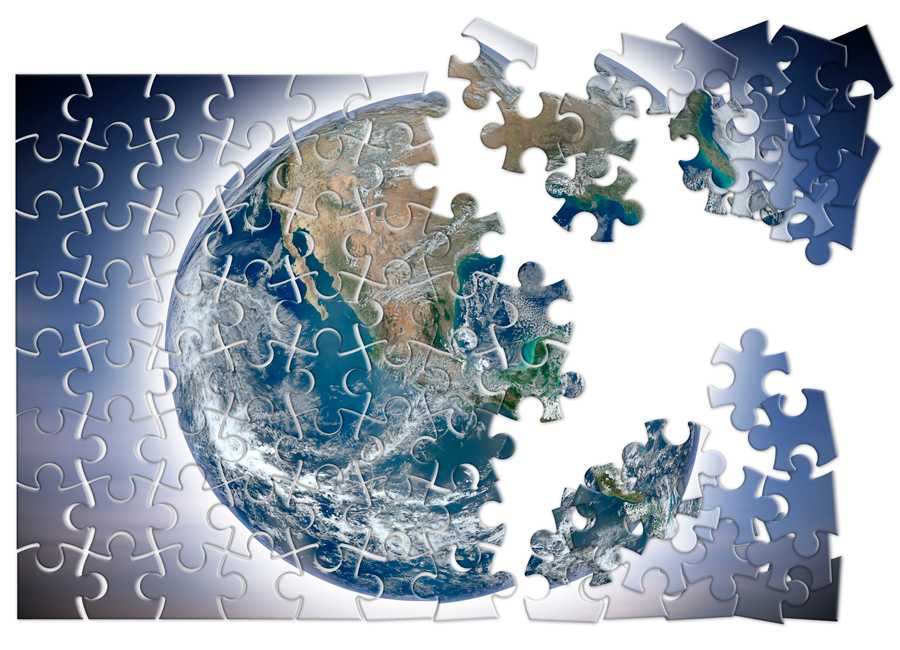
A Futurist Meets the C-Suite: Making this Moment Matter
April 16, 2020
The current crisis has brought to the fore some of the most salient issues we face as humanity—from the scale of people living at the edge of poverty, to huge inequities in access to technology and healthcare, to the increasing disruptions we face from a warming climate. We know the future will look different—the decisions we make now will either leapfrog our progress on these major challenges or cause us to slide back in time as we retrench and de-risk.
On April 14th, Tembo-APCO in partnership with Business for Social Responsibility (BSR) hosted a virtual roundtable, A Futurist Meets the C-Suite: Making this Moment Matter, where we had the chance to take a deeper look at how the tools of future scenario planning can help business and philanthropic leaders navigate the tough decisions facing them today—balancing short term trade-offs, with long term value creation.
The leading futurist at BSR’s Sustainable Future’s Lab, Jacob Park, kicked off by sharing how humans—in times of high uncertainty—often respond with denial, paralysis or confirmation biases. When faced with complexity, we oversimplify and have false confidence in our assumptions, which allows for blind spots in our decision-making. Scenarios are a tool that allow us to expand our field of view, holding multiple uncertainties at once, and give us a framework for developing plans and strategies that keep in mind all the plausible possibilities. More specifically:
Park laid out the four scenarios he sees as the world emerges from the COVID-19 crisis:
Build Back Better – Effective Public Health Response & Progressive Socio Economic Policies
Winners and Losers – Effective Public Health Response & Regressive Socioeconomic Policies
Torn Asunder – Ineffective Public Health Response & Regressive Socioeconomic Policies
Community Safety Nets – Ineffective Public Health Response & progressive Socioeconomic Policies
Abraham Lincoln once said, “the best way to predict the future is to create it.” So, in the spirit of creating a future, Park recommended the following next steps as the COVID-19 crisis continues to unfold:
For more information, watch the April 14, 2020 webinar Tembo-APCO partnered with BSR to host below, and visit APCO Worldwide’s Coronavirus Hub for additional COVID-19 insights, resources and research.
APCO alumnus Denielle Sachs authored this piece.